Is whey protein good for you? Whey protein, is it good for you? It can help with muscle growth, weight management, and heart health. However, it’s not without potential side effects. This article will explore its benefits and drawbacks, helping you decide if whey protein is right for you.
Key Takeaways
-
Whey protein is a complete protein containing all essential amino acids, making it beneficial for muscle growth and recovery.
-
Different types of whey protein (concentrate, isolate, hydrolysate) offer unique benefits, catering to various dietary needs and preferences.
-
While whey protein has numerous health benefits like aiding weight management and supporting heart health, potential side effects such as digestive issues and skin concerns should be considered.
Understanding Whey Protein
Whey protein is a group of eight proteins found in cow’s milk, produced through the separation of liquid whey from solid curds during cheese-making. This process results in a highly nutritious protein source that has gained widespread popularity for its numerous health benefits. Whey proteins is recognised as one of the most researched supplements on the market, lauded for its high nutritional value and scientifically-backed advantages.
The benefits of whey protein extend beyond its nutritional profile. It is a complete protein, meaning it contains all the essential amino acids necessary for various bodily functions, including muscle protein synthesis.
This makes whey protein an attractive option for those looking to enhance their protein intake, whether through protein shakes, protein bars, or other whey protein products. Knowing the various types of whey protein and their unique benefits enables informed choices about including this supplement in your diet.
Types of Whey Protein
When it comes to whey protein, not all types are created equal. The three main types of whey protein are whey protein concentrate, whey protein isolate, and whey protein hydrolysate. Each type has unique characteristics that cater to different dietary needs and preferences.
Whey protein concentrate typically contains about 70–80% protein and retains more fat and lactose compared to other forms, making it a more balanced option for those who can tolerate lactose. On the other hand, whey protein isolate boasts a higher protein content of 90–95%, with less fat and lactose, making it a purer protein source ideal for those seeking to maximise their protein intake while minimising fat and lactose consumption.
Whey protein hydrolysate, also known as hydrolysed whey protein, undergoes additional processing to break down the protein into smaller peptides, which can be absorbed more quickly by the body. This makes it an excellent choice for post-workout recovery, as it facilitates rapid protein and amino acid delivery to muscles.
Understanding these differences can help you select the whey protein supplement that best aligns with your fitness goals and dietary restrictions.
Essential Amino Acids in Whey Protein
One of the standout features of whey protein is its rich content of essential amino acids, particularly sulfur-containing and branched-chain amino acids (BCAAs). These amino acids play a crucial role in supporting muscle repair and growth, making whey protein a valuable addition to any fitness regimen. Essential amino acids are vital for various bodily functions, including muscle protein synthesis, which is the process by which the body repairs and builds muscle tissue.
Among the essential amino acids, the amino acid leucine stands out for its ability to stimulate muscle protein synthesis more effectively than other amino acids. This makes whey protein particularly beneficial for those looking to enhance muscle growth and recovery. Additionally, L-Glutamine is crucial for muscle recovery, supporting post-workout repair and reducing fatigue.
Incorporating whey protein into your diet ensures your body receives essential amino acids, supporting overall health and fitness goals.
Health Benefits of Whey Protein
The health benefits of whey protein are vast and well-documented. From promoting muscle growth and aiding in weight management to improving heart health and supporting bone density, whey protein offers a range of advantages for overall wellness.
However, these benefits are best understood when examined in detail.
Muscle Growth and Recovery
For those engaged in strenuous physical activities, whey protein supplements can be a game-changer. Whey protein intake around exercise enhances muscle protein synthesis, which is essential for muscle growth and recovery. Individuals involved in intense workouts often require a higher protein intake to support performance and recovery, making whey protein an ideal choice. Athletes and bodybuilders who consume whey protein often experience improved muscle function, increased muscle mass, and faster recovery times.
The benefits of whey protein extend beyond just gaining muscle mass. It also helps in maintaining lean muscle mass during periods of weight loss or caloric restriction. Whey protein supports muscle protein synthesis, preserving hard-earned muscle even during fat loss. This dual benefit makes whey protein an invaluable tool for anyone looking to optimize their body composition.
Weight Management
Whey protein’s satiating effects make it an excellent ally for weight management. Studies have shown that whey protein is more satiating than other protein types, helping to control hunger and reduce overall calorie intake. Including whey protein in your diet increases feelings of fullness, potentially reducing calorie consumption and aiding in weight loss. Additionally, whey protein can help preserve lean muscle mass while reducing body fat, which is crucial for maintaining a healthy body composition.
However, it’s important to be cautious of added sugars in protein powders, as they can increase the calorie content and may have negative health implications. When choosing a whey protein supplement, opt for products with minimal added sugars to maximize the health benefits and support your weight management goals.
Heart Health
Whey protein also offers significant benefits for heart health. Consuming whey protein may lead to reduced blood pressure due to the presence of specific bioactive peptides known as lactokinins. These peptides have shown potential in lowering blood pressure, particularly in individuals with elevated levels. Adding whey protein to your diet may improve lipid profiles, potentially lowering LDL cholesterol levels and reducing heart disease risk.
The reduction in both blood pressure and LDL cholesterol suggests that whey protein may play a beneficial role in lowering heart disease risk. Regular consumption of whey protein can contribute to a healthy diet and improved cardiovascular health, making it a valuable addition to your wellness routine.
Bone Health
Maintaining strong bones is essential for overall health, and whey protein can play a crucial role in this regard. Whey protein contributes to maintaining bone mineral density, which is vital for preventing osteoporosis. Incorporating whey protein into a diet may lead to higher bone mineral density, offering significant benefits for osteoporosis prevention and overall bone health.
Additionally, whey protein supplementation is linked to increased calcium absorption, which is essential for maintaining strong bones and preventing bone-related diseases. Whey protein supports bone mineral density and calcium absorption, helping to keep your bones strong and healthy.
Who Should Consider Whey Protein?
Whey protein can be beneficial for various groups, including athletes, older adults, and individuals with protein deficiency. Each group can gain unique advantages from whey protein supplementation, making it a versatile and valuable dietary addition. Whey protein good can enhance overall health and fitness.
Athletes and Bodybuilders
Athletes and bodybuilders are among the primary beneficiaries of whey protein due to its high levels of leucine, an amino acid critical for muscle protein synthesis. Whey protein helps enhance muscle synthesis and accelerates recovery post-exercise, making it a staple in the fitness community. Incorporating whey protein into their diet can lead to improved muscle function, increased muscle mass, and faster recovery times.
When selecting protein powders, athletes should prioritize total protein content, aiming for around 20 to 25 grams per serving to optimize muscle synthesis and receive more protein to support their rigorous training regimens and achieve their fitness goals, including increasing lean body mass.
Older Adults
For older adults, consuming whey protein can help mitigate the natural decline in muscle mass associated with aging. Regular consumption of whey protein aids in preserving muscle mass, which is crucial for maintaining mobility and overall health. By supporting muscle and bone health, whey protein helps older adults maintain an active and healthy lifestyle, contributing to increasing muscle mass.
Incorporating whey protein into their diet can be particularly beneficial for older adults, as it helps preserve lean muscle mass, essential for maintaining mobility and preventing falls. This makes whey protein a valuable tool in promoting healthy aging and overall well-being.
Individuals with Protein Deficiency
For individuals struggling with protein deficiency, whey protein serves as an effective dietary supplement to help meet their daily protein intake needs. This is particularly important for those who find it challenging to obtain enough protein through regular food sources alone. Including whey protein in their diet helps these individuals get the necessary protein and amino acids for overall health and bodily functions.
Whey protein provides a convenient and efficient way to boost protein intake and support high protein intake, making it an ideal option for anyone looking to increase their increased protein intake without significantly altering their diet. Whether through protein shakes, bars, or other whey protein products, individuals with protein deficiency can benefit from the high nutritional value and accessibility of whey protein supplements.
How to Choose the Right Whey Protein Supplement
Choosing the right whey protein supplement can be a daunting task, given the plethora of options available. However, by considering a few key factors, you can make an informed decision that aligns with your dietary needs and fitness goals.
Important considerations include reading labels, addressing dietary restrictions, and evaluating the quality and taste of the product. These steps will help ensure that you select a whey protein supplement that is both effective and enjoyable to consume.
Reading Labels
Reading labels on whey protein supplements is crucial for understanding product quality and contents. It’s essential to check the protein percentage in the product to ensure you are getting sufficient protein per serving. Additionally, pay attention to the presence of any added sugars or artificial ingredients, as these can affect the overall health benefits of the supplement. Being informed about product contents helps consumers make better choices when it comes to whey protein supplementation.
By scrutinising labels, you can avoid products with unnecessary additives and focus on those that offer high-quality protein with minimal fillers. This ensures that you maximise the benefits of whey protein while minimising potential negative health impacts.
Considering Dietary Restrictions
For individuals with dietary restrictions, selecting the right whey protein supplement is even more critical. Whey protein isolate and whey isolate is generally suitable for those with lactose intolerance because it contains minimal lactose compared to other forms. This makes it an excellent choice for those who are lactose intolerant but still wish to benefit from whey protein’s nutritional advantages.
For those with milk allergy, it’s important to look for plant-based alternatives or ensure the whey protein has been processed to remove allergens. This might involve choosing protein supplements derived from soy protein, pea protein, or other non-dairy sources. Considering these factors helps you find a protein supplement that meets your dietary needs without compromising health.
Evaluating Quality and Taste
Evaluating the quality and taste of whey protein products is essential for ensuring a positive and sustainable supplementation experience. Taste preferences can significantly impact your adherence to a whey protein supplement, so trying samples before purchasing can help find the best fit. A supplement that tastes good and mixes well with other ingredients will be more enjoyable to consume regularly.
Additionally, look for whey protein products certified by third-party testing organisations to ensure quality and safety. These certifications provide assurance that the product has been tested for purity and is free from harmful contaminants, including whey protein powder.
By prioritising quality and taste, you can select a whey protein supplement that not only supports your health goals but also fits seamlessly into your daily routine.
Summary
Whey protein offers a multitude of health benefits, from supporting muscle growth and recovery to aiding in weight management, heart health, and bone density. Choosing the right whey protein supplement involves careful consideration of product labels, dietary restrictions, and the quality and taste of the supplement. Whether you are an athlete, an older adult, or someone with protein deficiency, whey protein can be a valuable addition to your nutritional regimen. Empowered with this knowledge, you can confidently navigate the world of whey protein and harness its benefits to support your health and fitness goals.

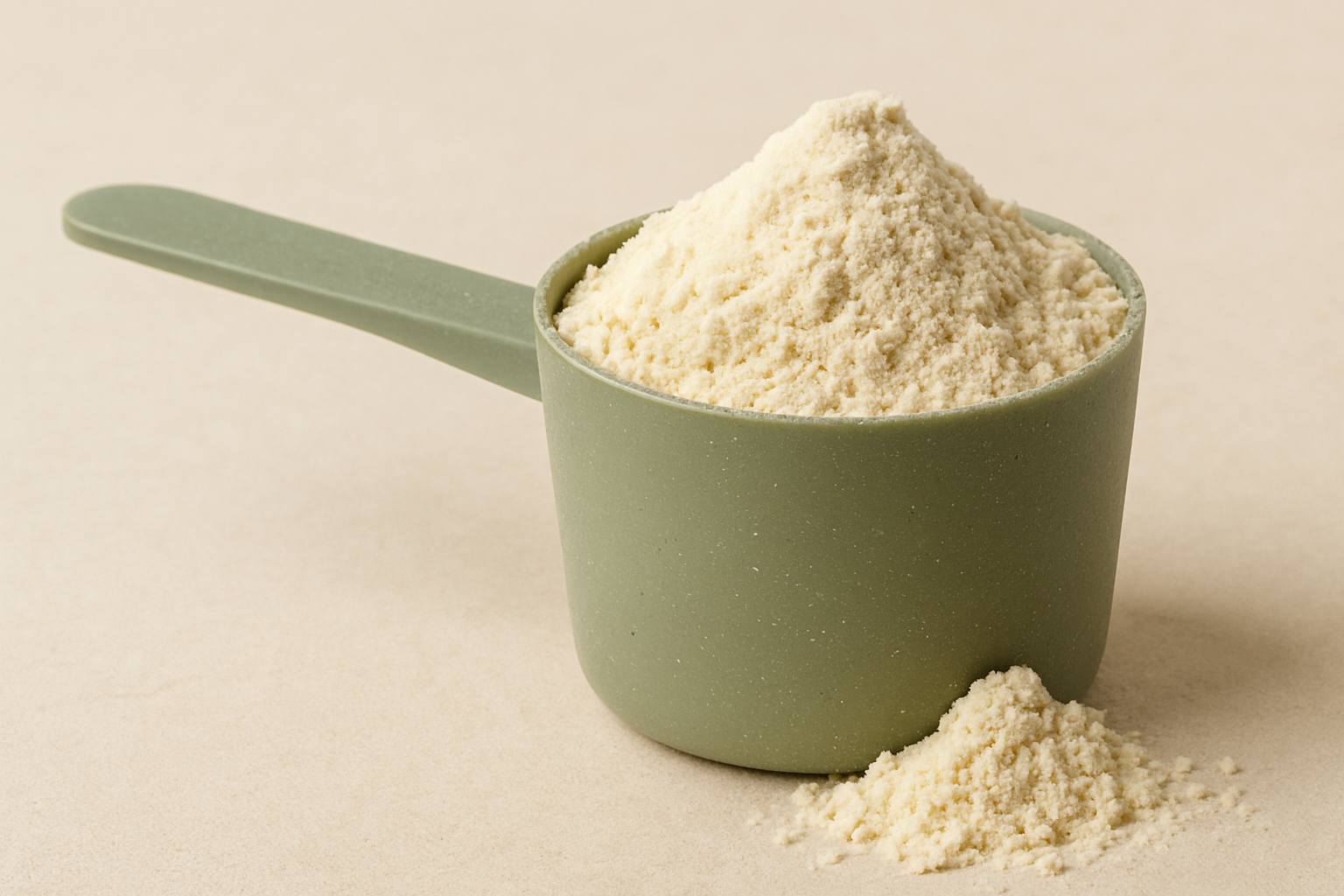
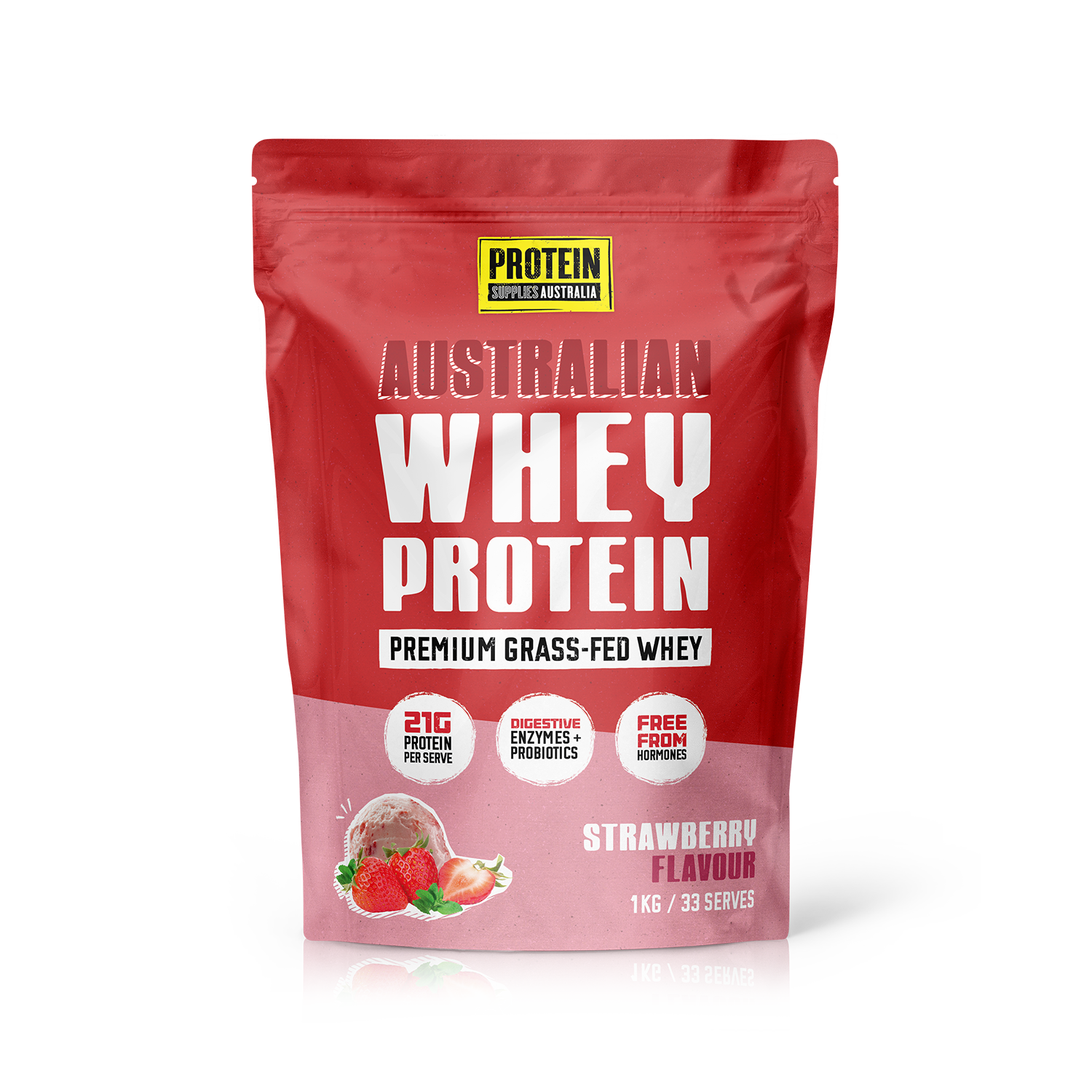
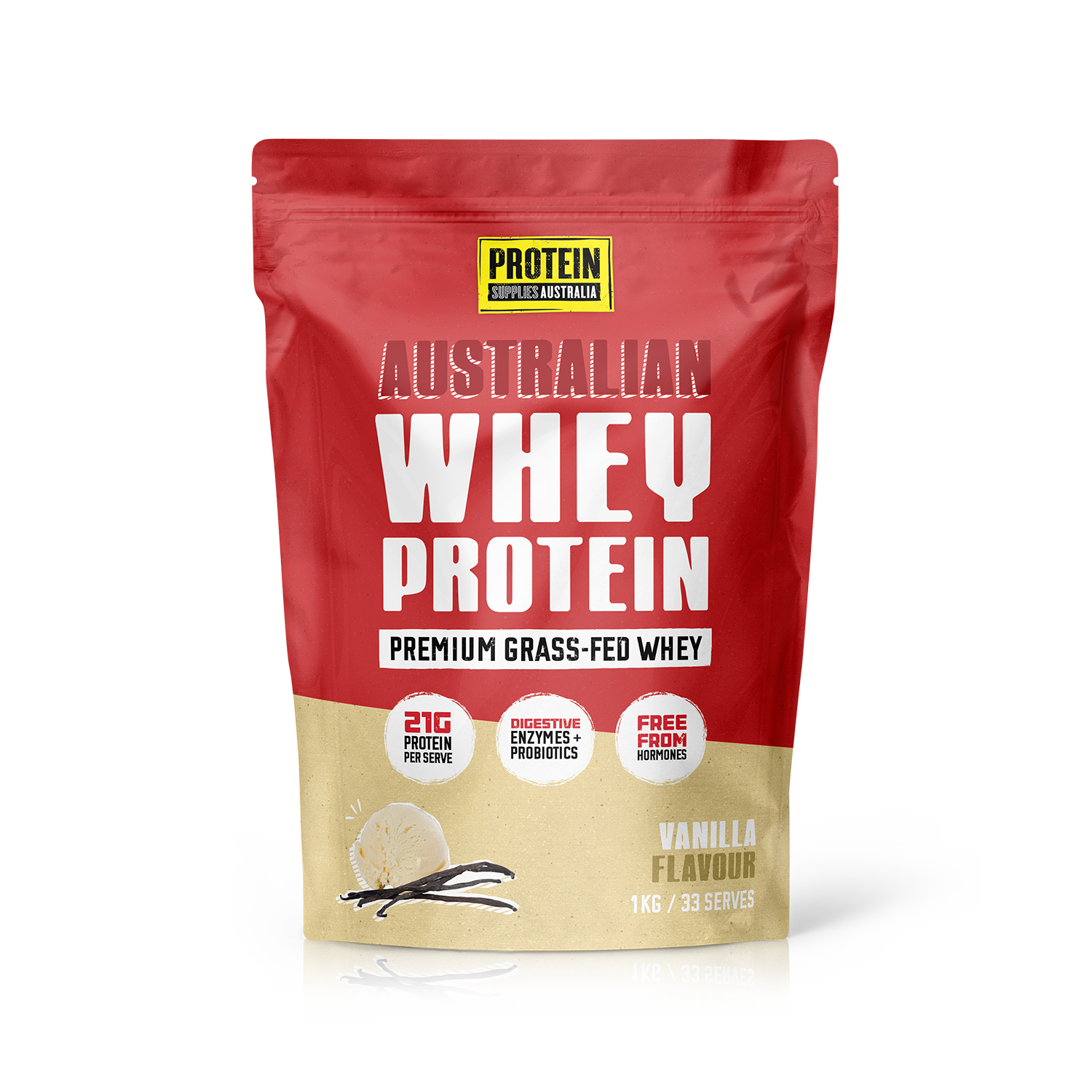
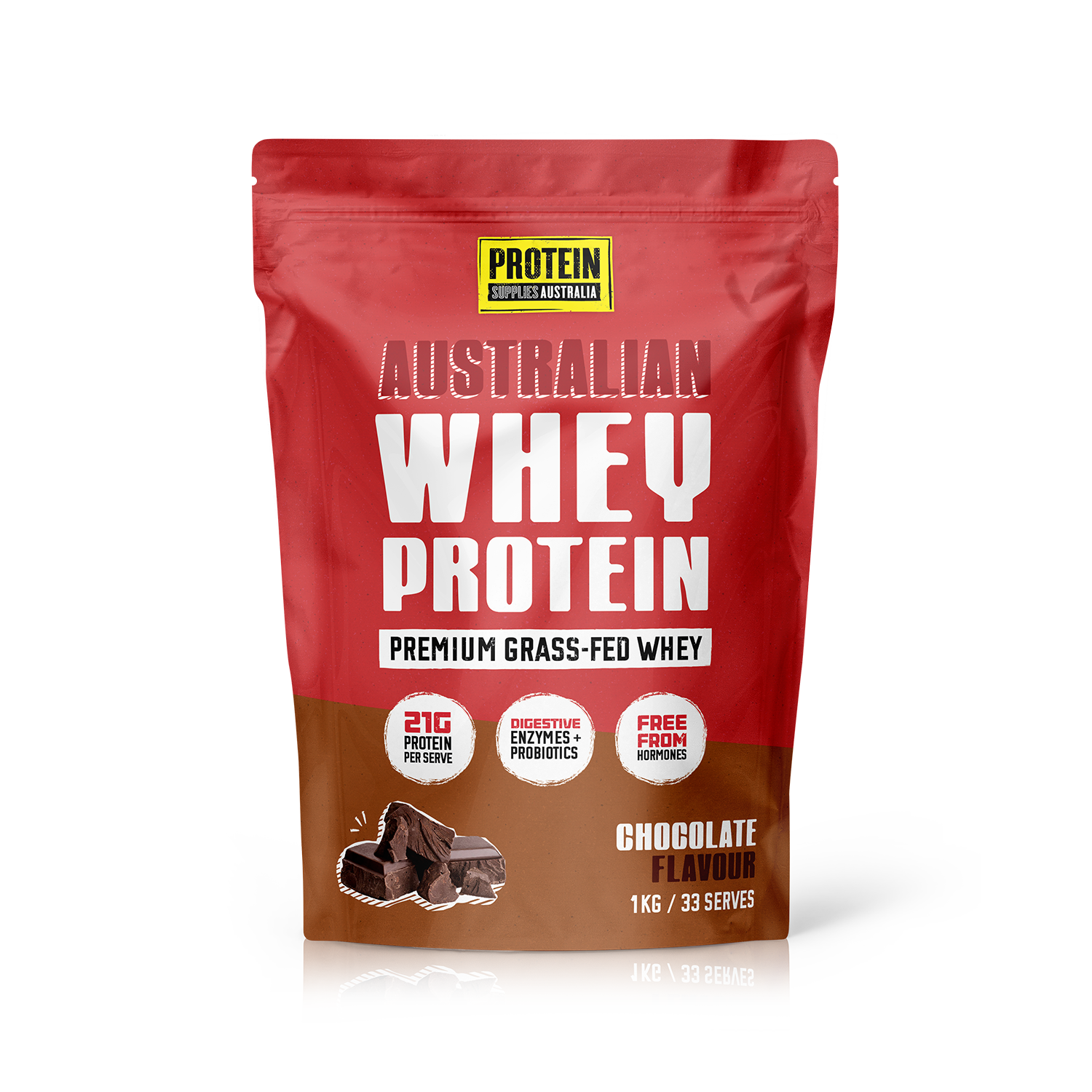


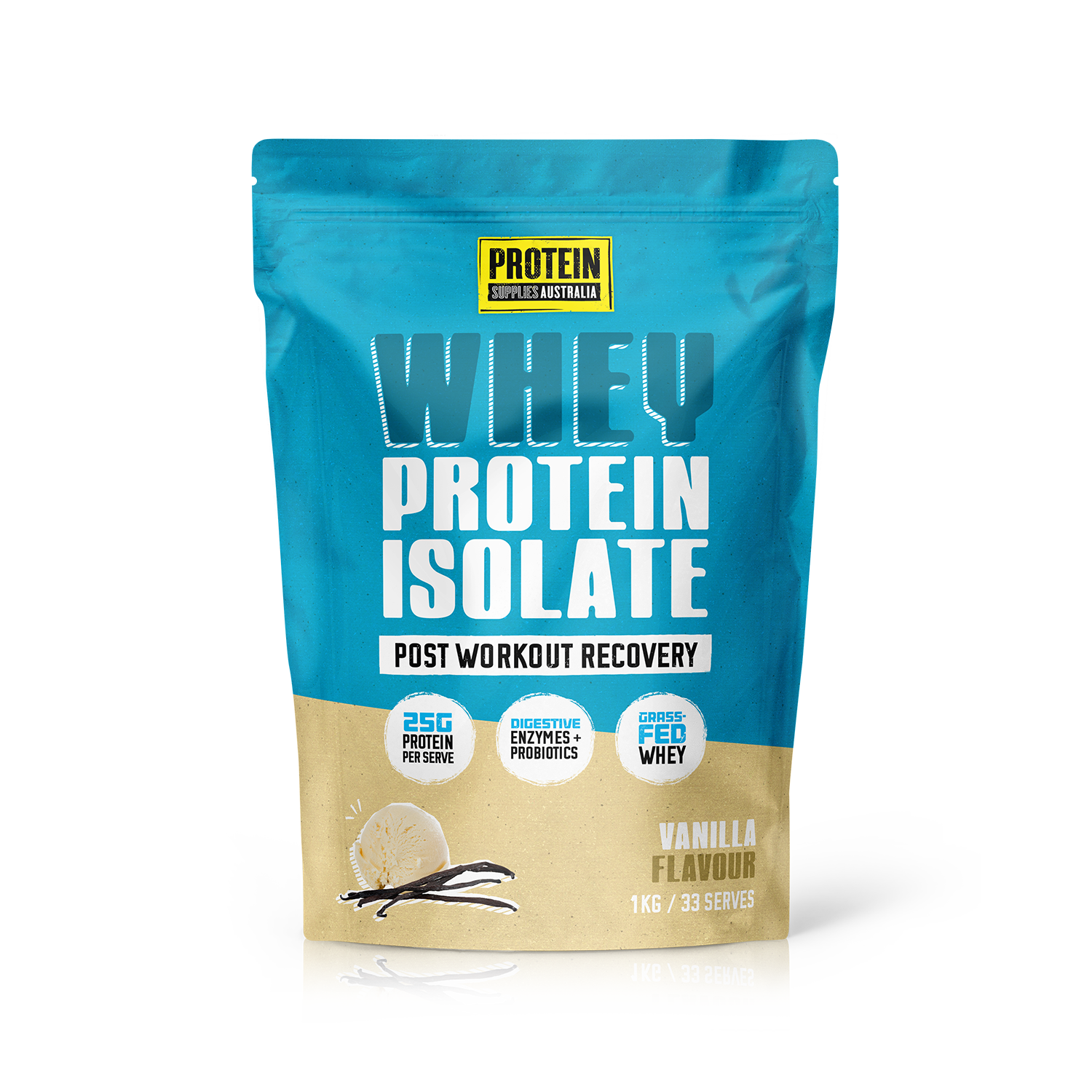
Best Lean Protein Sources for a Healthy Diet
Top Protein Shake Women Benefits: Health, Weight Loss & More